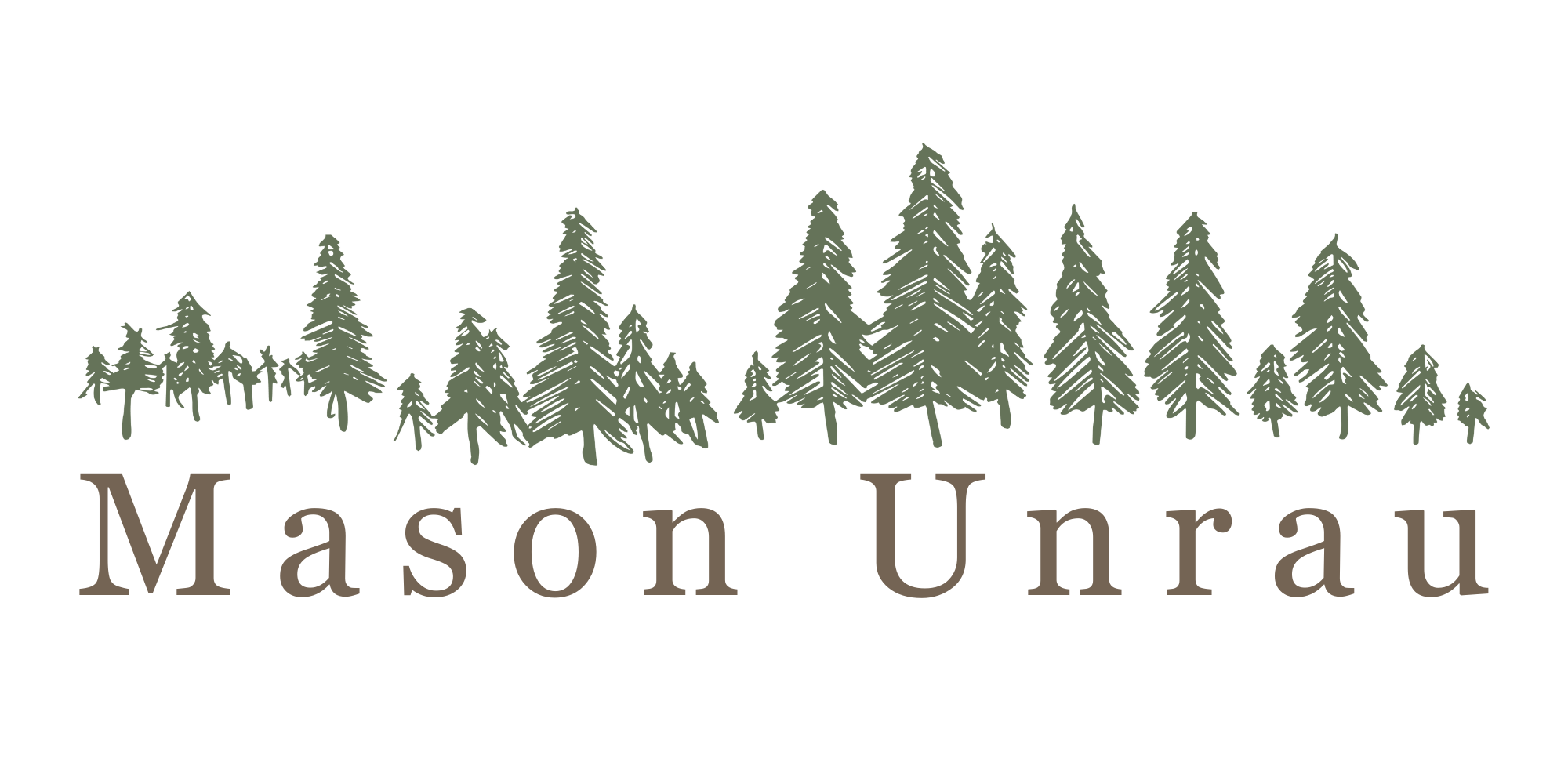Illogical Science.
“ In my brief time observing western civilization, the drive toward comfort, convenience, and prosperity are core motivators in why people do most things. ”
Since the beginning of this pandemic, I feel as though I have not been thinking very well. I go back and forth between considering I'm delusional in my attempts at logic and reason or that the people who make the rules are as clueless as squirrels who ate a few too many mushrooms. A more balanced perspective may be that I and the decision-makers are not as bright, educated, or wise as we would like to be. There are beliefs we can work our entire life to uphold. If we can implement those beliefs into practice, we might even be considered good humans. Humans have the unique ability of self-awareness of existence and self-determined participation in reality.
Where I've been uneasy for almost two years, is how my proclivity to logic, reason, and truth has been gaslit by those who claim to have the scientific data that informs decisions. This same data has wavered in its' claims of truth. Science is constantly evolving and working to better its insights into reality. However, does this same drive for truth through science not make us equally skeptical of those conducting the tests and information gathering? The scientific method is intended to create knowledge that is testable, repeatable, and strives to prove previous conclusions wrong. From what I can tell, throughout history, innumerable 'scientific' claims have been tossed aside because of their inability to be repeatedly tested and tried. Folk remedies for ailments are just one of the many examples where this has occurred. I am worried that we place a significant amount of faith in the works of scientific claims that are designed to be proven wrong over time. We have witnessed this throughout the growing understanding of the virus that caused the pandemic.
I am not anti-science because it has proven to be a revolutionary method. I merely propose that we approach it with the same skepticism as folk medicine or other pseudo claims on reality. Because there has been a scientific claim on how a virus should be handled, does not mean enough time has passed for this to be uncontested. History has taught us that the most popular beliefs will persist. The most popular accounts of history are what gets recorded. The most popular practices of religions are what most people ascribe to. At large, so much of what we believe is based on the popularity of thought with those around us. We enjoy the fantasy of independent thinking when the reality is most of the population believes the same thing that everyone else does.
For me, this is where it gets interesting. How do ideas have the fortitude to persevere and become the predominant lens of a culture that views reality? In my brief time observing western civilization, the drive toward comfort, convenience, and prosperity are core motivators in why people do most things. These pursuits independently are not negative. They could be broken further down into simply meeting Maslow's Hierarchy of needs. I'm not a sociologist, anthropologist or any kind of gist who studies any ology. However, I aspire to observe what happens around me and share those observations with others. I'm concerned by the direction our society is moving. We are finite. Our understanding is inconceivably limited when we consider the historical human experience. Once we step back and accept our finitude, we can start toward our purpose and good, true, and beautiful pursuits. I want to ask two more questions. How has humanity prospered in the past and how are we still here to explore the present? It seems that when humanity has the opportunity to care for the people and places around them, there is potential for flourishing. The societal structures that need to be in place for that to happen must be non-coercive, built around trust, and ultimately have balanced levels of self-sacrifice and self-preservation.
Currently, there is very little trust for our neighbours, coercive governmental interventions that are disguised as caring, and an immense imbalance toward self-preservation. I'm not going to unpack the specific forms of each of these. I hope to encourage you to reclaim some of these structures that lead to healthy human communities. Thank you for reading and I apologize if some parts were unclear. This blog post was a writing practice in the flow of thought. I would love to start a conversation around how we can form rigorous relationships with the people and places around us. Feel free to comment on this post or email me and I'll do my best to respond promptly.













